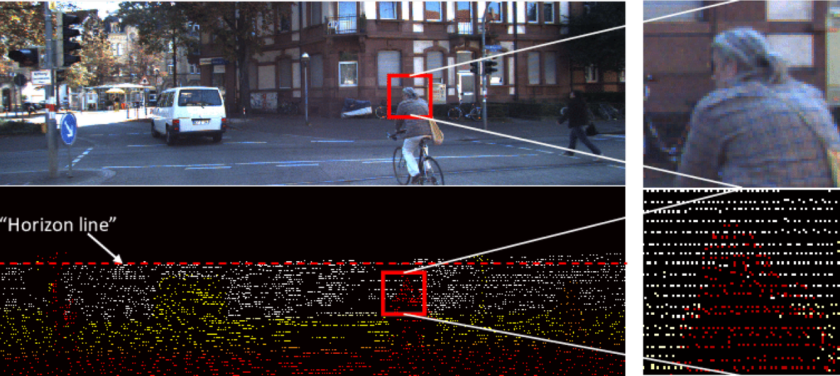In an effort to reshape the battery landscape, Imprint Energy, a California based startup is fabricating flexible and rechargeable batteries, which can be printed using the very common industrial screen printers. The firm envisions to market the ultrathin zinc based polymer batteries to wearable electronics manufacturers and pitch the same in medical field, robotics and military for environmental sensors and smart labels.
Flexibility leads to slim product designs
Groundbreaking features like fineness and flexibility that the batteries are offering would call for more innovative and slim product designs, which however were not possible with the conventional batteries that are based on lithium. Another equally important quality that these new batteries are offering with respect to other thin batteries is the amount of current that they deliver even for low powered wireless communications sensors, even in their small formats.
Phoenix Venture Partners and AME Cloud Ventures are backing up the idea with $6 million funding.
Replacing liquid electrolytes with solid based polymer
During the grads days Christine Ho, also happens to be the company’s cofounder, got the idea of developing microscopic zinc batteries with the help of a 3-D printer. And for the product, she got involved her co-researcher from Japan.
Conventional batteries are made up of lithium, which are highly reactive in nature hence, require protective sheath that makes them bulky in size and otherwise whereas the newly suggested battery is thinner and more stable. Stability in zinc is due to its branch like structures that are formed in the water-based electrolyte that helps in coordination between the electrodes however, it shortens the battery life. The new battery replaces the liquid electrolyte with solid based polymer, thus hitting the problem directly at the face resulting in higher recharging capability and stability of course.
Best features of thin-film lithium and printed batteries
Kincaid, the company president claimed that they have converged the best features of lithium based thin-film batteries and printed batteries in their novel batteries. Thin film batteries offer recharging capability but they are highly reactive in nature with restrictive capacity and entail huge manufacturing costs. On the other hand, printed batteries are non-rechargeable but are cheaper and offer greater capacity.
Since there is no standard with respect to measuring the flexibility in spite of having a huge demand for flexible batteries, the company created its own test rig and started benchmarking its product with respect to the commercially available flexible batteries.
Imprint Energy envisions of paving the product’s way into the medical field as well especially in eyes. It is already in conversation with US military to develop batteries required for sensors for monitoring soldiers’ health condition. Other areas that the product could venture are in sensors for smart labels for keeping track of food and packages.
Source: MIT Technology Review




